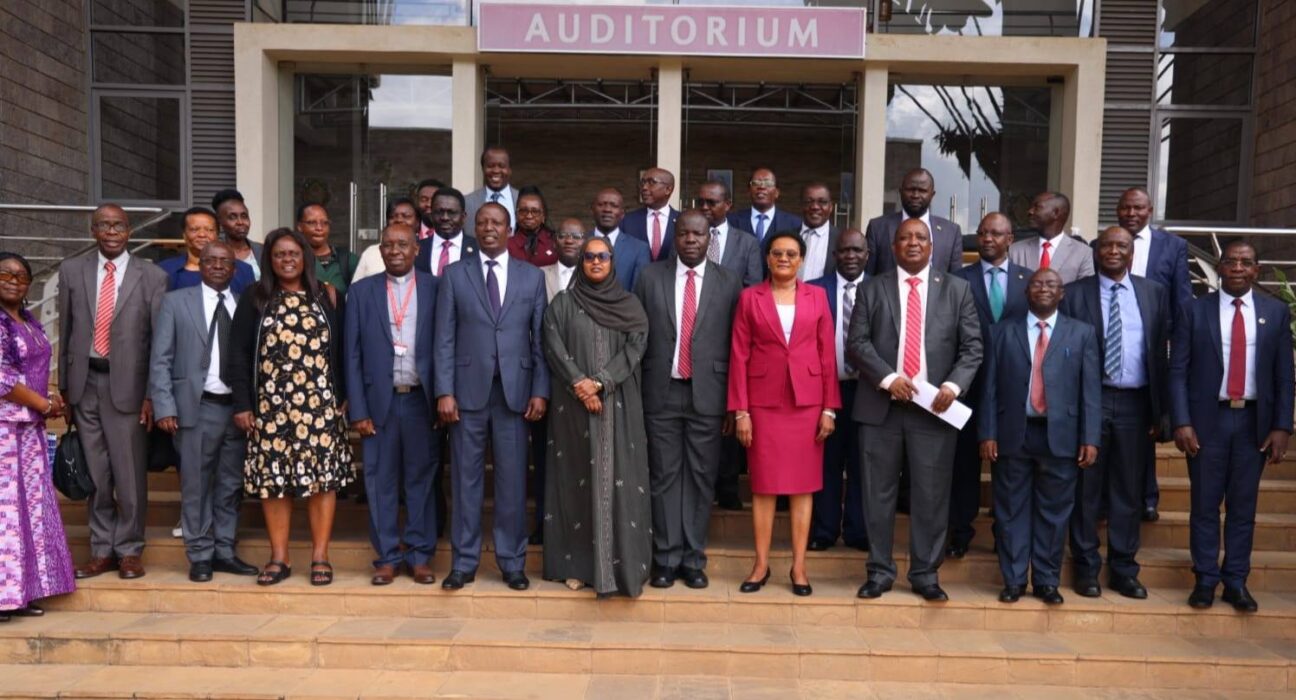The National Assembly Committee on Education has pressed the Kenya Association of Private Universities (KAPU) to provide verified data on government-sponsored students and explain the rising pending bills that have pushed several institutions into financial strain.
Appearing before the Committee chaired by Hon. Julius Melly, KAPU led by Very Rev. Prof. Stephen Mbugua said the government currently owes private universities about KSh 48.8 billion. The arrears date back to 2016, when the state began placing government-sponsored students in private universities through KUCCPS.
Prof. Mbugua said the association has submitted all pending bill records to the National Treasury, the Universities Fund, and the Ministry of Education, noting that the debt has already been acknowledged in previous engagements.
KAPU told MPs that private universities were financially stable before 2016 because they admitted students directly and collected full tuition. The shift to government placement and delayed release of Differentiated Unit Cost funds has forced institutions to operate using reserves and short-term financing.
Hon. Melly questioned the student data presented by KAPU, noting inconsistencies in the number of government-sponsored students enrolled across various private universities since 2016. He asked the association to work jointly with the Ministry of Education and the Commission for University Education to validate the figures, including completion rates and dropout trends.
Baringo North MP Hon. Joshua Makilap stressed the need for clarity on how many students placed in private universities have graduated, deferred, or exited programmes. Committee members said accurate data is necessary for budget decisions and settlement of pending bills.
Legislators also raised concern about faculty preparedness. Hon. Melly sought details on academic staff who lack PhDs or are still pursuing them. The Committee asked universities to improve programme quality and align academic offerings with market needs, warning that the sector risks losing credibility if uncompetitive programmes persist.
Hon. Dr. Christine Odhiambo (Siaya County) questioned the financial sustainability of the institutions and asked what income-generating models they are using to reduce reliance on state payments.
KAPU called on regulators to review the KSh 320,000 programme accreditation fee, saying the charge is too high for universities offering large numbers of programmes.
The Committee directed KAPU to consolidate data on all government-sponsored students since 2016, including enrolment, deferrals, completion, and graduation. It also instructed the association to work with the Pending Bills Committee at the National Treasury to authenticate all claims. KAPU was further asked to submit proposed amendments to the Universities (Amendment) Bill aimed at strengthening governance and financial stability in the higher education sector.





